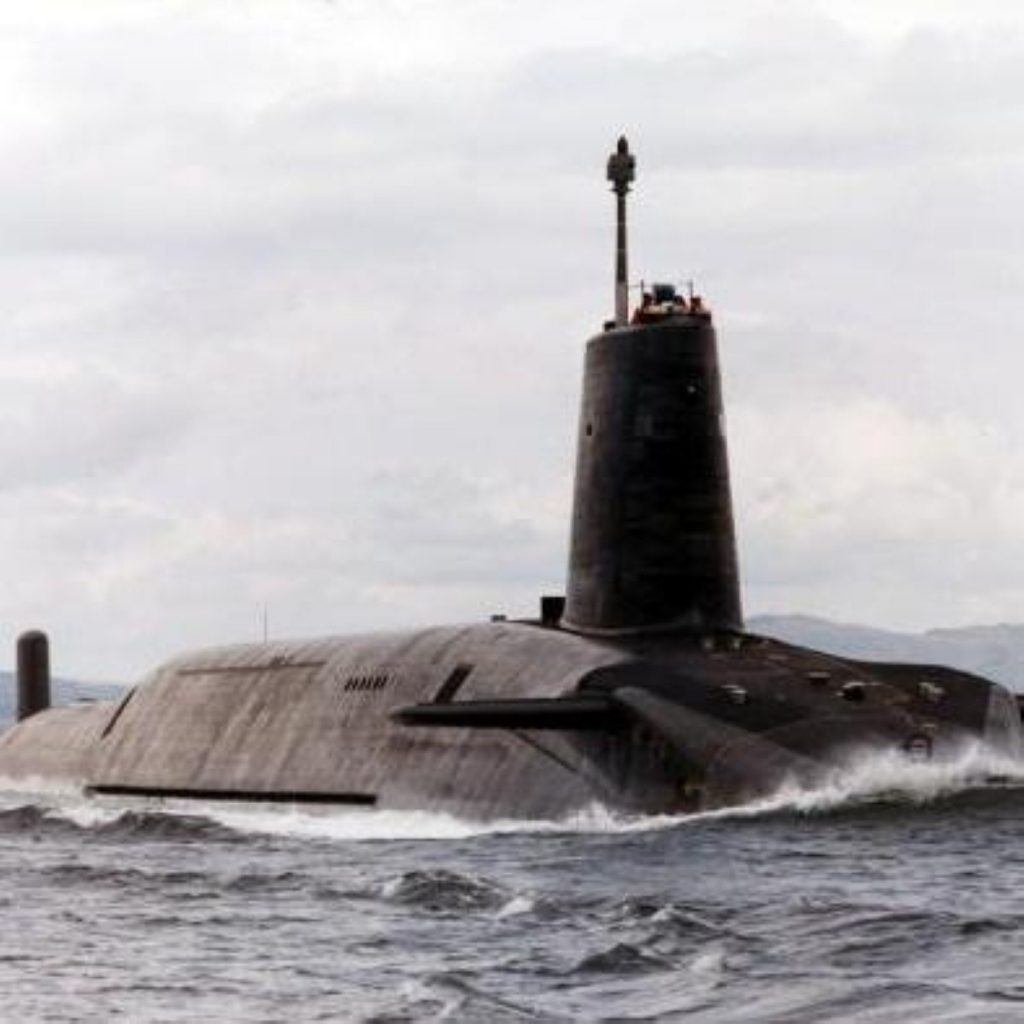Labour minister quits over Trident
Malcolm Chisholm quit his role as communities minister in the Scottish parliament last night after voting against the government.
Hours after supporting the SNP in a vote on the future of the Trident nuclear weapons system, Mr Chisholm handed his resignation to first minister Jack McConnell.
“It is with deep regret that I found myself unable to support the official Labour position on the issue of Trident today,” Mr Chisholm resignation letter to the first minister read.
“In those circumstances, notwithstanding the fact that it is a reserved issue, I realise that it is not tenable for me to continue as one of your ministers.”


Mr McConnell accepted the resignation.
“Malcolm Chisholm has made a substantial contribution to devolved government in Scotland in both the health and communities portfolios, and I am very grateful for that,” the first minister said.
“But I understand Malcolm’s position and have accepted his resignation.”
The former communities minister was one of four Labour MSPs to vote for an SNP motion calling for the government to ditch Britain’s nuclear deterrent.
The SNP motion was defeated by 72 to 45 with two abstentions, the other Labour rebels were backbenchers Bill Butler, Marlyn Glen and Elaine Smith.
Britain’s four nuclear submarines are due to become obsolete in 2020, while its 48 warheads have a similar lifespan, and the government has promised to take a decision this year on whether they should be replaced or not.
Labour committed itself to retaining the country’s nuclear deterrent in its 2005 election manifesto, but many MPs are concerned about the cost of replacing Trident, which critics warn could cost up to £25 billion.
This is not the first time the MSP for Edinburgh North and Leith has resigned; in 1997 Mr Chisholm was appointed under-secretary at the Scottish Office after Labour’s election victory, but then became the first minister to resign from Tony Blair’s government over proposed cuts to lone parent benefits.









